
A place for stories about chronic illness, disability, mental health, and neurodivergence.
Poetry
-
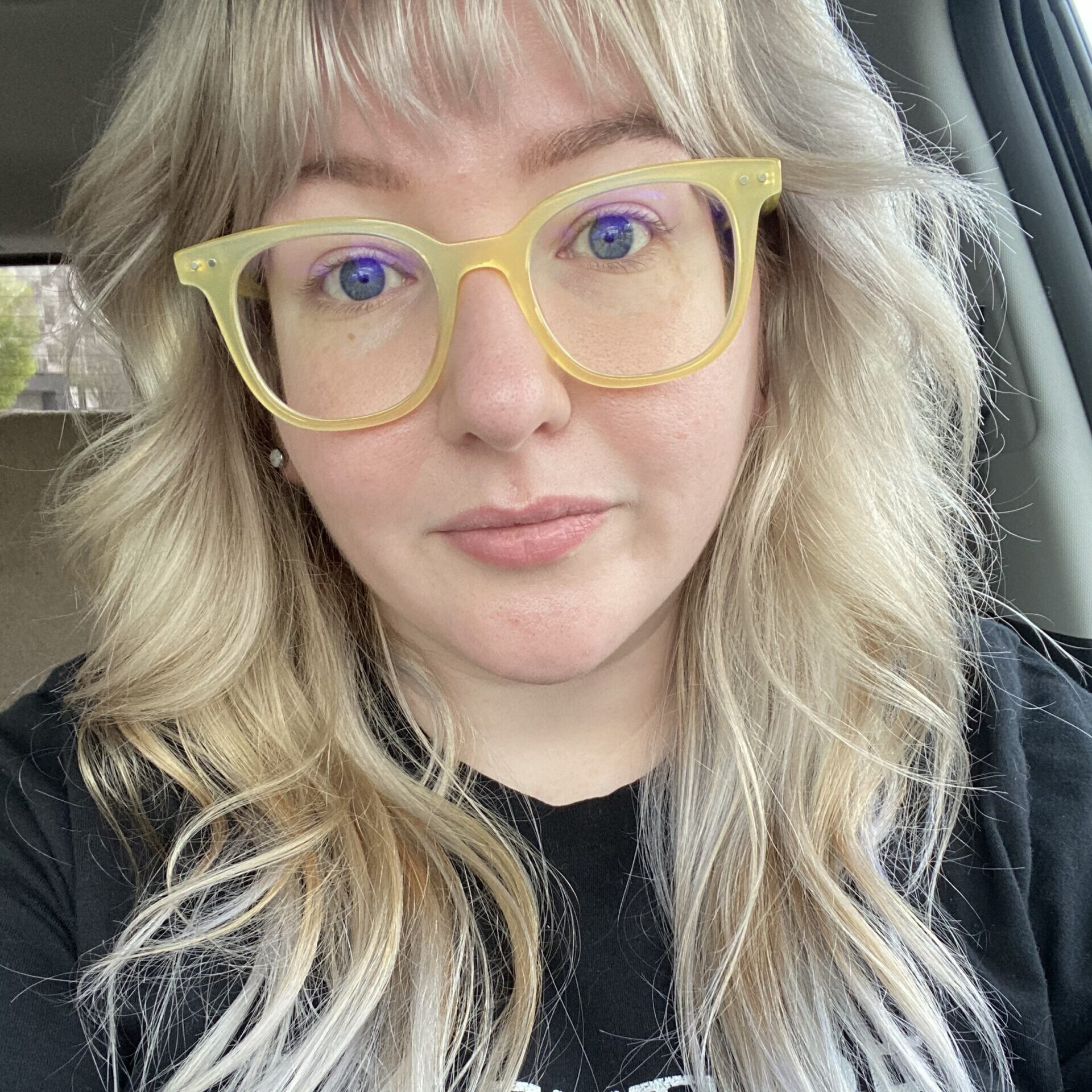 By Jess Barselow
By Jess Barselow“I resent being 34 with no sense of self/beyond the trail of burned bridges,/broken trust,/and unfinished dreams.”
-
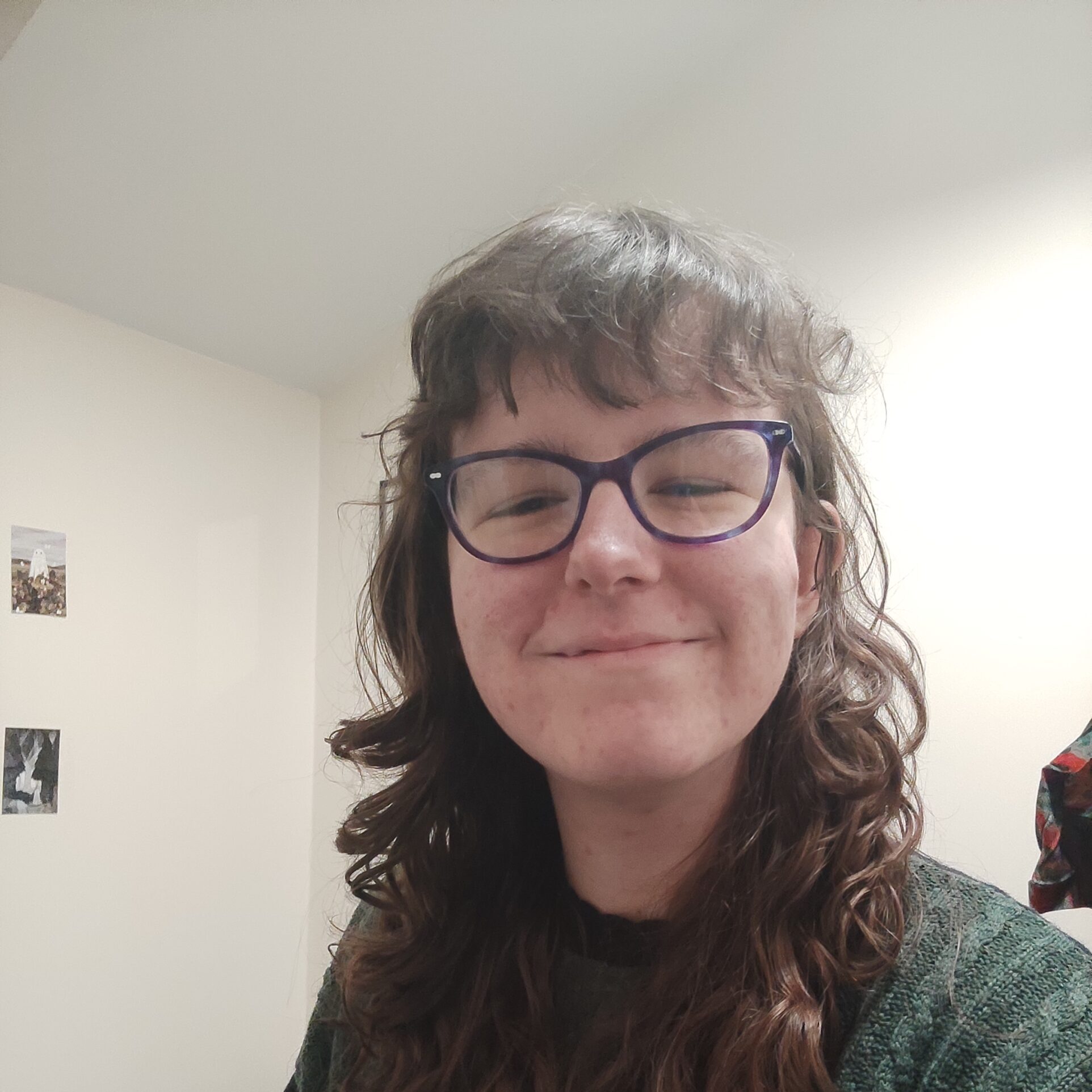 By Sophie Mattholie
By Sophie Mattholie“It’s getting bad again – I mean, this is technically the worst it’s ever been …” In her new poem, sickness in the seams of it all, Sophie Mattholie writes about her experience with POTS.
-
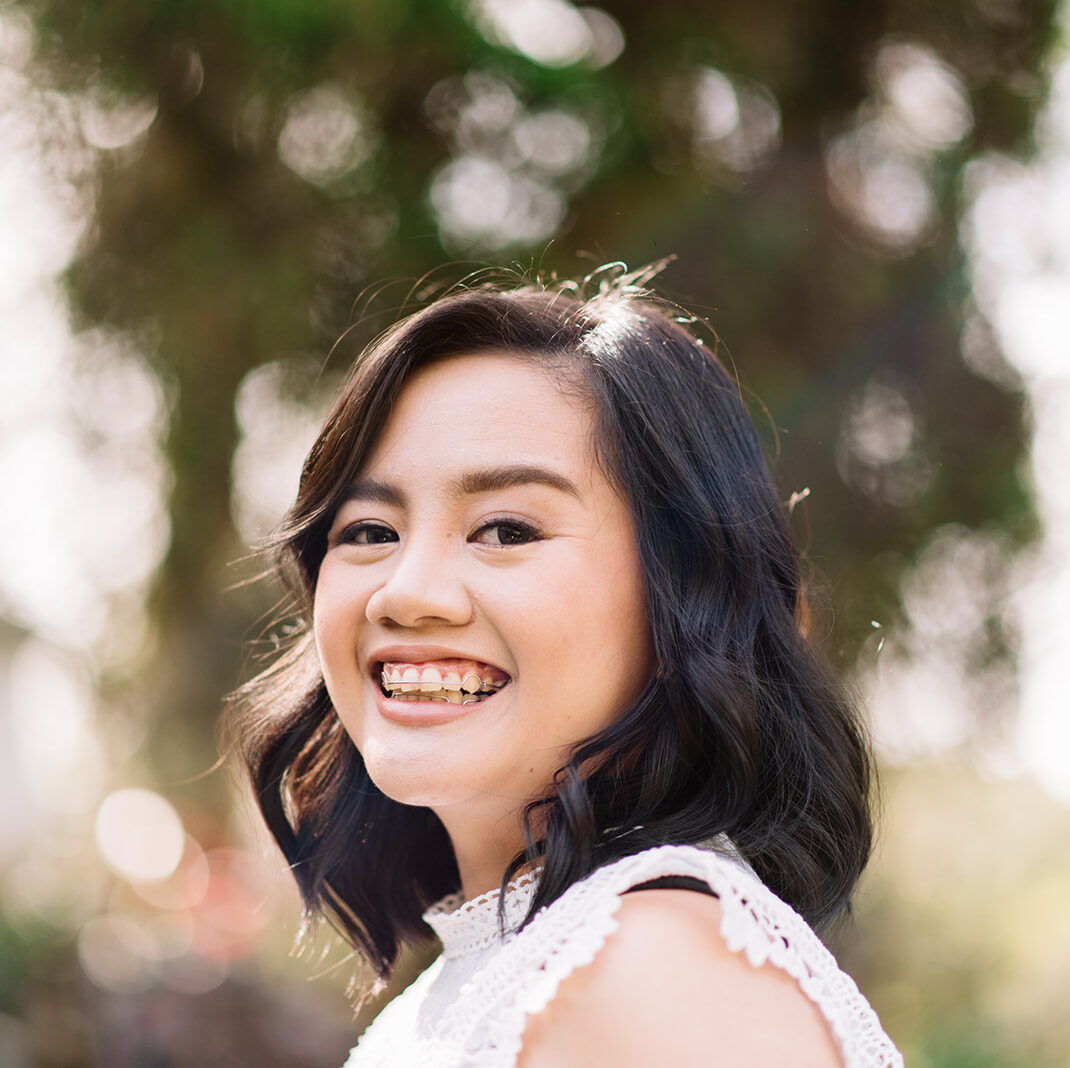 By Heather Ann Pulido
By Heather Ann PulidoIn her follow up poem for Knee Brace Press, Heather Ann Pulido writes about finding community with people who love and support her, anxiety and all.
-
 By April McCloud, Elise Scott
By April McCloud, Elise ScottIn their new poem Reason, Knee Brace alumni Elise Scott and April McCloud write about the stark contrast between the speaker’s devastation about losing their healthcare and the calm with which the robot over the phone changed the speaker’s life forever.
-
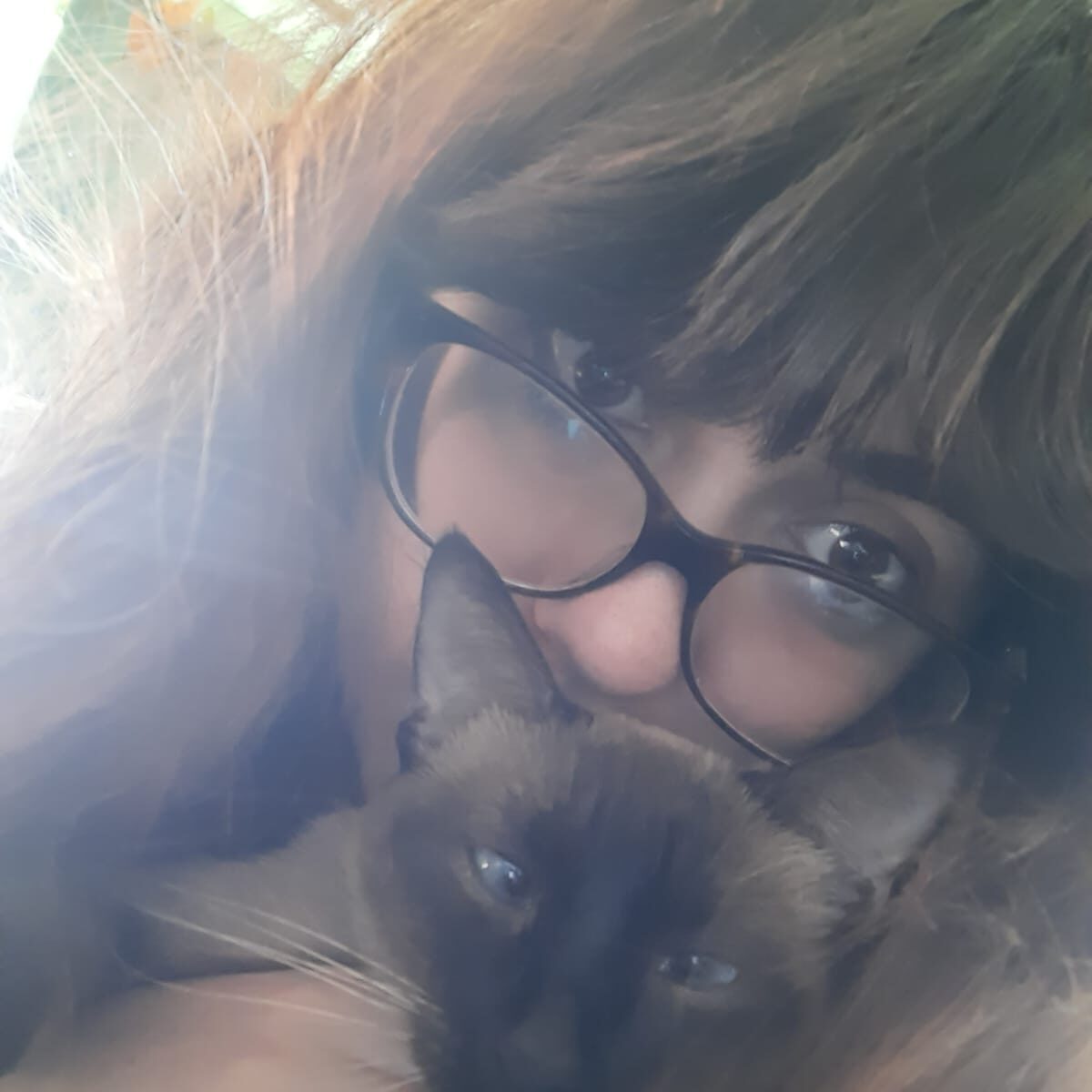 By AM Rodriguez
By AM Rodriguez“I lose sight of my body/And I fear not recognizing/The girl looking back at me/Inside the cheap mirror in my room.”
-
 By Jess Barselow
By Jess Barselow“I thought the pills would help/Ignore it/I see no reason/to pretend I am okay.” Poet Jess Barselow writes about masking and the tediousness of small talk.
-
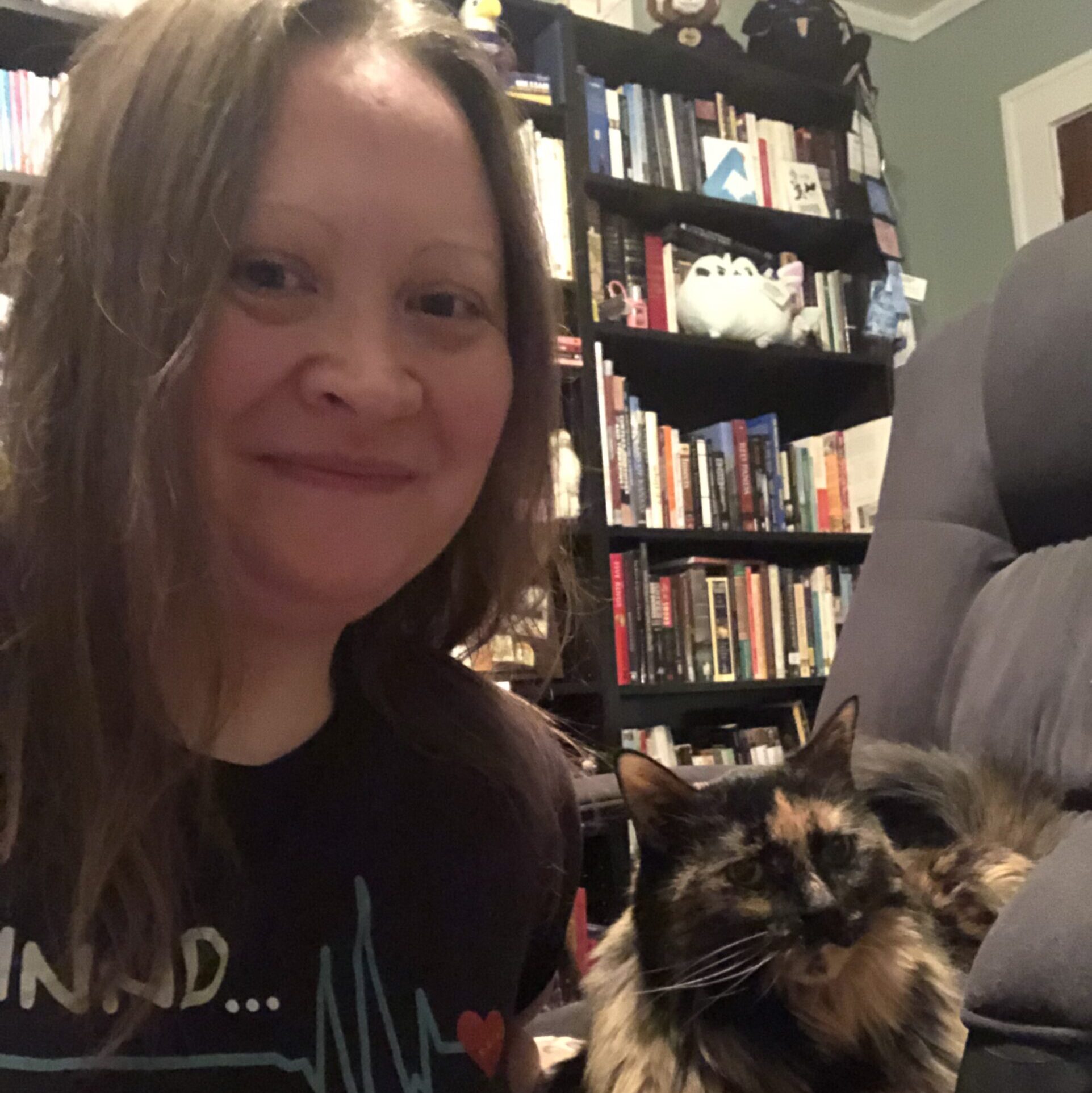 By April McCloud
By April McCloudPoet April McCloud (she/her, 1% bionic human) writes about her complex relationship with disability in the form of an application.
-
 By Sophie Mattholie
By Sophie Mattholie“It’s getting bad again – I mean, this is technically the worst it’s ever been …” In her new poem, sickness in the seams of it all, Sophie Mattholie writes about her experience with POTS.
-
 By Heather Ann Pulido
By Heather Ann PulidoIn her first poem for Knee Brace Press, Heather Ann Pulido writes about relationships, anxiety, and endings.
-
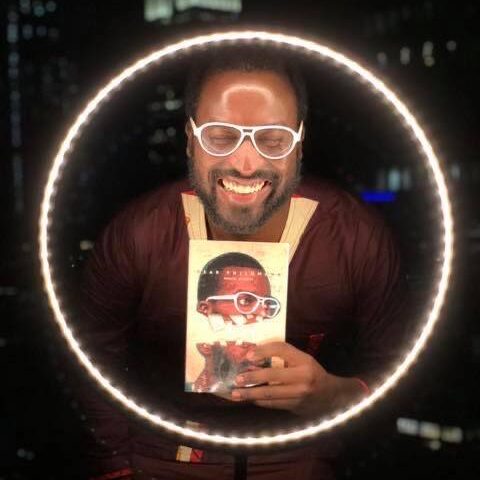 By Mugabi Byenkya
By Mugabi ByenkyaMugabi Byenkya’s latest poem, texting a friend in 2021, is about recovery, boundaries, and protecting your peace.